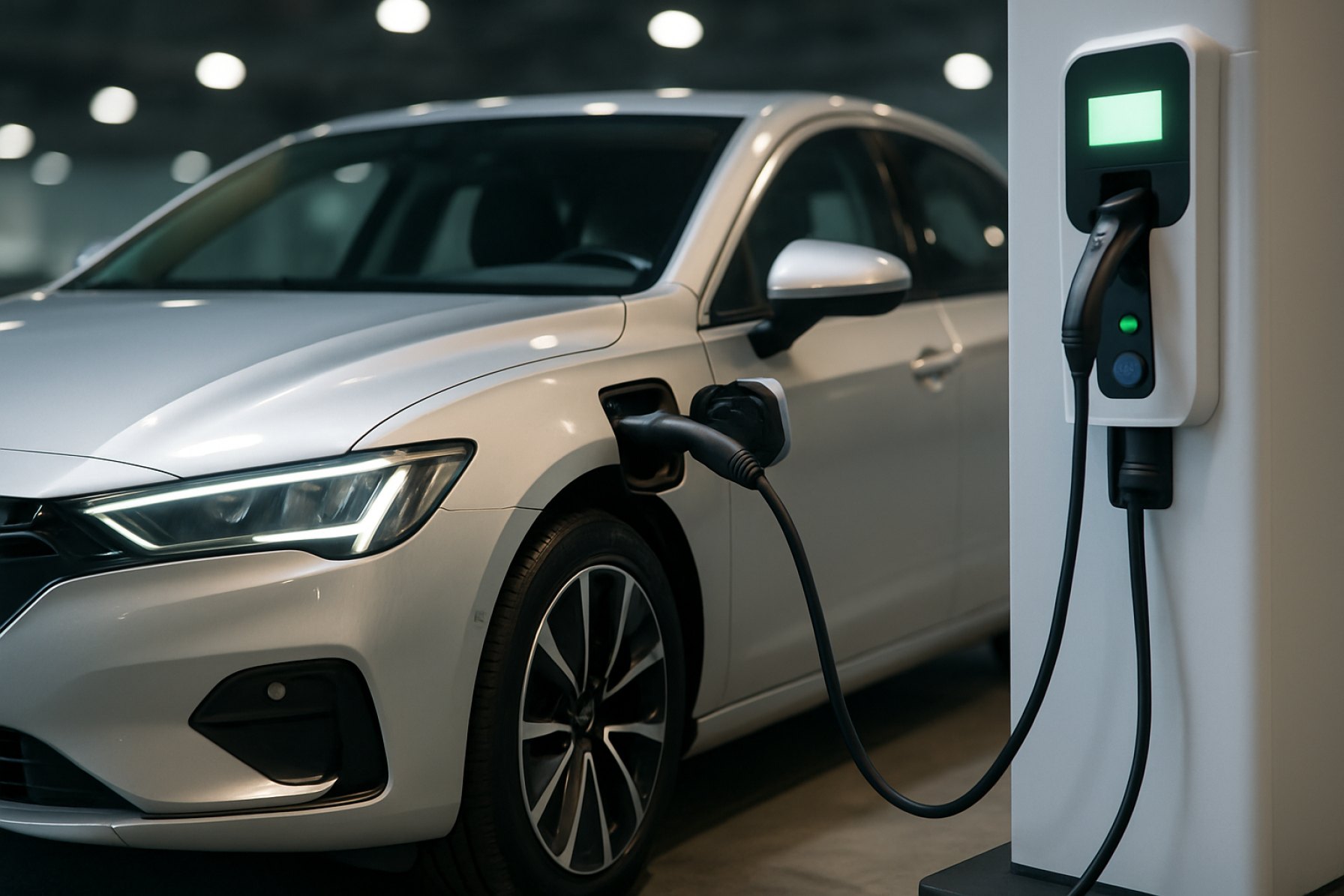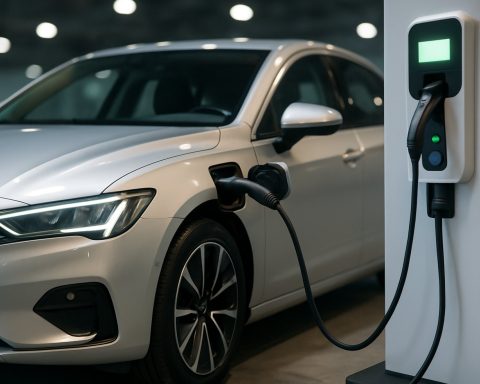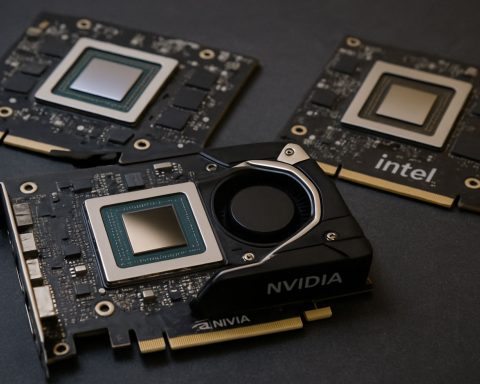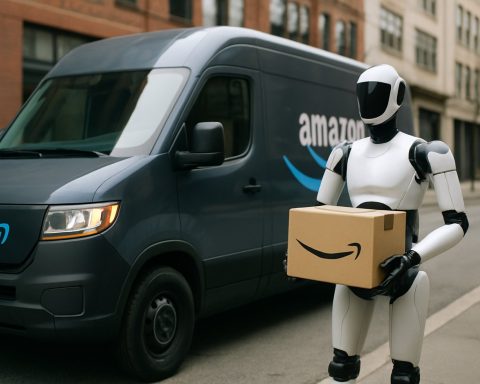Revolutionary Machine Learning Discovery Promises Safer, Ultra-Long-Range Electric Vehicles by 2025
AI-driven battery breakthroughs could boost EV range by 50%, slash fire risks, and transform the entire energy storage industry.
- +50%: Projected increase in EV range per charge with solid-state batteries
- Orders of Magnitude Faster: New AI model outpaces traditional battery material discovery
- Zero Liquid Electrolytes: Solid ceramics promise safer, more stable batteries
- 2025 & Beyond: Predicted rise of solid-state batteries in mainstream EVs
Imagine crossing continents on a single EV charge—no range anxiety, no overheating, and no long pit stops. Thanks to a cutting-edge partnership between Skolkovo Institute of Science and Technology (Skoltech) and the AIRI Institute, this isn’t just a fantasy anymore. Utilizing advanced machine learning, these researchers have unlocked a powerful new way to create solid-state batteries that could reshape the entire energy storage industry in 2025 and beyond.
Powering the Revolution: How AI Drives Battery Innovation
Traditional lithium-ion batteries rely on liquid electrolytes—a necessary evil that can leak or even ignite under stress. Solid-state batteries, in contrast, use robust ceramics or other solids to conduct lithium ions, which massively enhances safety and battery life.
But for years, finding the right materials for these high-performance batteries has been a slow, trial-and-error game. Enter machine learning. With the help of sophisticated neural networks, researchers can now pinpoint the best materials—faster and with higher accuracy than ever before.
Discover how this technology could transform industries at The Wall Street Journal and stay updated on tech innovations at MIT Technology Review.
Q&A: What Makes This Breakthrough So Game-Changing?
What exactly did the researchers accomplish?
They built AI models, specifically graph neural networks, to scan thousands of candidate materials—zeroing in on those with high ionic mobility, a key indicator for efficient battery performance. The process, which used to take months or years, now happens in a tiny fraction of the time.
Why are coatings so important for these batteries?
Solid electrolytes alone can’t withstand the chemical assault from metallic lithium in the battery. Effective protective coatings are vital—they act as bodyguards, shielding the electrolyte from violent reactions. Without these layers, the battery’s performance plunges, and short circuits become a real risk.
Which materials did AI identify as promising candidates?
The study revealed new coatings like Li3AlF6 and Li2ZnCl4—both offering exceptional durability and the right chemical properties to boost battery longevity and safety.
How-To: Will These AI-Designed Solid-State Batteries Change Everyday Life?
Expect ultra-long range EVs and rapid adoption in 2025. Here’s what it means for consumers:
– For Drivers: Range increases up to 50%. Safer batteries mean fewer recalls and lower insurance costs.
– For the Planet: More durable batteries reduce waste and resource mining, furthering sustainability goals.
– For Tech Enthusiasts: Faster charge times and extended battery life promise better smartphones and laptops.
For more on the science behind batteries, visit Science Magazine and global energy insights at Bloomberg.
What’s Next: When Will You See This Tech On the Road?
Industry insiders suggest that automakers are already trialing these new materials. With AI accelerating every step, experts project solid-state batteries could enter mass production as early as late 2025 or 2026. Watch this space as the first truly next-gen EVs roll off the line.
Ready to Join the Electric Future?
- Track upcoming EV models with solid-state batteries
- Watch for battery safety improvements in consumer electronics
- Subscribe to top science/tech news outlets for real-time updates
- Consider investing in companies pioneering battery tech innovation
The era of smarter, safer, and longer-lasting batteries is here. Stay tuned—and get ready to drive farther, charge quicker, and enjoy a safer, greener future!








